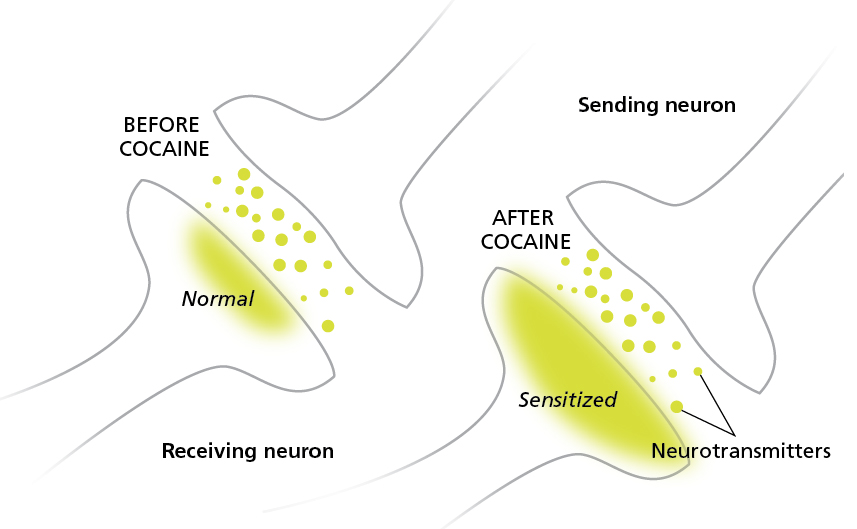
The Brain and Cocaine
Like most drugs, cocaine affects the pleasure sensors of the brain — the limbic system, the area also responsible for motivation. Cocaine builds up the production of neurochemical dopamine, which creates strong feelings of euphoria and compulsion. Memories created during this state are, therefore, stronger than usual. This creates a craving to relive the memory and to recreate that feeling of enjoyment over and over.
Breaking this cycle may hinge on blocking the memory of taking cocaine.
That’s just what researchers from Cardiff University think can be done. In an article published in the online journal eLife, the researchers developed an experimental therapy that uses a certain molecule, called PD325901, to interfere with brain chemistry in the cocaine affected area.
“We collected all available molecules which block this pathway, awaiting clinical trial, and we tested them in animal models for cocaine addiction,” Professor Riccardo Brambilla, the head researcher, told Business Insider. “We found one molecule which actually does the job very nicely.”

Not Tabula Rasa
Clinical tests showed that, after being injected with PD325901, cocaine-dependent mice stopped displaying behaviors associated with cocaine addiction. The mice acted like it was never dependent in the first place. The neural pathways that associate pleasure with the memory of cocaine had been blocked successfully.
The mice also did not show any signs of undue memory loss, nor did PD325901 tamper with their ordinary memory function. Brilliant, isn’t it? Except it might not be that easy when it’s applied to humans. It would be a bit more complex.
“If we have a protocol for patients where we only administer the drug once or twice, it would minimize the potential side effects,” says Brambilla.
Still, it is promising. Brambilla’s team is currently testing to see the effects of PD325901 on alcohol and nicotine addiction.